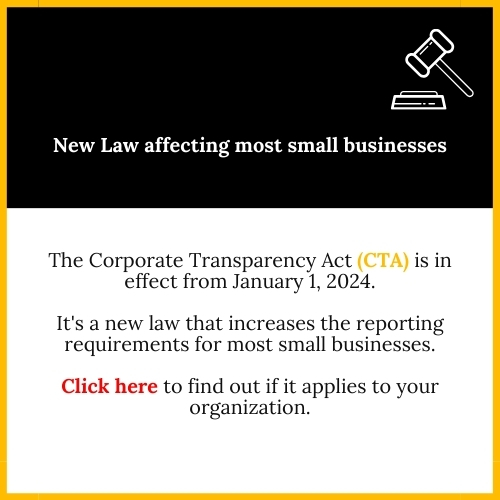FAQ's
1Does a single member LLC provide asset protection? (About Asset Protection and Business Law)
- Generally, claims for liabilities arising “inside” an LLC cannot reach a Member’s assets owned “outside” the LLC.
- On the other hand, in virtually all States, with the exception of Wyoming, assets inside a single member LLC (in contrast with a multi-member LLC) are not protected from liabilities arising outside the LLC.
- Wyoming is the only State that provides a single member LLC with the same liability protection as a multi-member LLC
- It is possible to establish a Wyoming LLC to own assets located outside of Wyoming. However, it's important to verify the laws of the state in which the assets are located requires the LLC to register as a foreign entity in the respective state.
2Does a Trust provide asset protection to the person that created the Trust? (About Asset Protection and Trusts)
- If the Trust is revocable (the creator can amend or revoke the Trust), the answer is No
- If the Trust is irrevocable, in most states the answer is still No
- However, some states authorize Domestic Asset Protection Trusts (“DAPT”)
- Generally, the DAPT must have at least one trustee who is resident in that State
- The DAPT must be irrevocable and meet other requirements of the State law
- Generally, the law applicable to a Trust or a DAPT is the law in which the Trust is located – generally where the Trustee resides, not where the assets are located
- There are complicated exceptions to these general rules, which may be different for state income tax purposes, than for creditor purposes
- Currently, the following States have authorized DAPT's: Alaska, Delaware, Hawaii, Indiana, Michigan, Mississippi, Missouri, Nevada, New Hampshire, Ohio, Oklahoma, Rhode Island, South Carolina, South Dakota, Tennessee, Utah, Virginia, West Virgina, and Wyoming
3Are all written and signed contracts legally enforceable? (About Business Law and Contracts)
- No, there are technical requirements that must be met to make a contract legally enforceable, for example, the party seeking to enforce the contract:
- Must prove that the other party received legal consideration for signing the contract
- Must prove that its promises to the other party were not illusory
4Can a verbal contract be enforceable? (About Business Law and Contracts)
- Yes, many states have a law called “the Statute of Frauds” that specifically validates some verbal contracts.
- Even if a verbal contract is not protected by the Statute of Frauds, various facts and circumstances may make it legally enforceable, such as for example, when the party seeking to enforce the verbal agreement has performed its obligations to the other party.
5 Is there an advantage to having an LLC elect to be taxed as an S-Corp? (About Business Law and Taxes)
- Sometimes, yes
- If a shareholder-employee earns enough income, then the accountant might declare part of the income to be W-2 wages and the balance a distribution of an S-Corp dividend
- The W-2 wages portion is subject to payroll taxes, including FICA (Social Security) and Medicare taxes
- The S-Corp dividend is not subject to payroll taxes
- The audit risk for the shareholder-employee is that if capital is not a material income producing factor of the business, the IRS may determine the salary to be unreasonably low, and reclassify part or all the dividend as salary, and assess penalties for failure to pay payroll taxes
- On the other hand, if the LLC keeps its default classification as a disregarded entity or partnership, then IRS will classify all income of the LLC as self-employment which is subject to self-employment tax, but not other payroll taxes
6Is a Covenant Not to Compete enforceable against an employee or an independent contractor? (About Business Law, Contracts, and Restrictive Covenants)
- Yes, sometimes
- First, it must be included in a legally enforceable contract, or itself be a legally enforceable contract
- Second, it must comply with applicable state law
- Generally, a Covenant Not to Compete is a restraint on trade, and as such depending on the facts and circumstances, courts in most states are reluctant to enforce them
- Many states have specific laws defining the details of what restrictions are valid in an enforceable Covenant Not to Compete
- Generally,
- The party seeking to enforce the Covenant must prove a legitimate business interest that is worth protecting,
- The duration of the restricted period must be reasonable, and
- The territory and scope of the restriction must be reasonable
7What is a “Flow Through Entity”? (About Business Law and Taxes)
- “Flow Through Entity” is a term invented for Federal Income Tax purposes. It is not a legal entity.
- It includes a class of Entities whose income is not usually taxable to the Entity, but rather is taxed to the Entity’s owners.
- An S-Corp, a Partnership, and a Limited Liability Company that is taxed as a Partnership or an S-Corp are examples of a Flow Through Entity.
- A C-Corp is not a Flow Through Entity.
8Does a distribution from an LLC to a retiring Member result in taxable income to the retiring Member? (About Income Tax, Business Law)
- This depends on number of factors:
- If the LLC is elected to be taxed as a corporation, then generally, yes, if a C-Corporation, and depending on other circumstances if an S-Corporation.
- If the LLC is taxed as a partnership (the default tax classification), then generally, no, subject to some technical exceptions.
9What’s the difference between a State nonprofit corporation, and a Section 501(c)(3) Organization? (About Non-profit Corporations, Taxes, and Section 501(C)(3)
- A State nonprofit corporation may be exempt from that State’s income tax or sales tax – if properly registered; however, it is not exempt from Federal Income Tax, and donations to it are not deductible on the donor’s Federal Income Tax Return.
- All 501(c)(3) Organizations are State nonprofit corporations or trusts; but are recognized as exempt from Federal Income Taxes based on an application submitted to and approved by the IRS.
- IRS issues a favorable Determination Letter as evidence that a nonprofit has been approved as a 501(c)(3) Organization.
- Contributions to most Section 501(c)(3) Organizations are deductible on the donor’s Federal Income Return if that characteristic is included in the Organizations Determination Letter.
10 What are the main advantages of a Revocable Trust/Revocable Living Trust? (About Trust)
- A Revocable Trust does not save taxes.
- The creator of a Revocable Trust can be his or her own Trustee.
- A Revocable Trust and an Irrevocable Trust
- avoids the need to go to court and have a Guardian appointed to manage the assets in the Trust if the creator of the Trust becomes disabled,
- avoids Probate Costs and public disclosure when the creator of the Trust dies – as to assets that were titled in the Trust before the creator died, and
- keeps the owner of assets in the Trust and the distribution plan private.
11Would my Tax ID number change if I change my company's tax formation from an LLC to a C-Corp?
-
It depends
- Are you the only member (sole owner) of your LLC?
- Have you been filing income taxes of your LLC on Schedule C of your personal 1040 (as if a sole proprietorship, disregarded entity for IRS purposes)? Or, on Form 1065 as a partnership?
- Do you want only to change the IRS income tax reporting to a C-Corp, or do you want to change the structure under State law from an LLC to a C-Corp?
- Why have you decided to change the tax structure from LLC to C-Corp?
- If you just want to change from LLC to C-Corp for IRS income tax purposes, then you file IRS Form 8832, it's treated as a name change, you keep the same EIN.
- If you want to change both the IRS income tax structure and the State law structure, it's more complicated and not as clear. However, with the right steps I believe (again, not as clear) that it can be treated as a tax-free reorganization for IRS purposes, and I believe you can keep the same EIN.
- Why is it important to keep the same EIN? This can be more complicated depending on the accumulated income, assets, and liabilities of your LLC (if any). It is best to discuss this by making an appointment.








